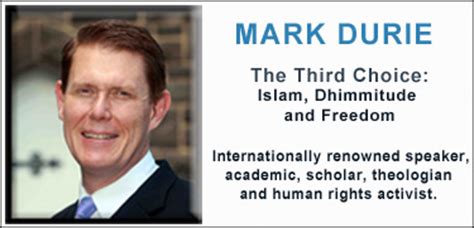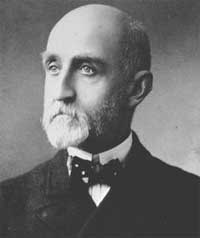A Quote by Stephen Kinzer
The difficulty that many foreign authors face in having their works translated into English has effects far beyond the United States.
Quote Topics
Related Quotes
In fact, many of the quotes in my books are quotes which were translated from English and that I read already translated into Spanish. I'm not really concerned with what the original version in English was, because the important thing for me is that I received them already translated, and they've influenced my original worldview as translations, not as original quotations.
There was - there still is - a big shortage of good Chinese-English literary translators. So for two years in London, I was stuck waiting, not writing, with several Chinese books I couldn't get translated. That's when I decided to write in English, since I had been living here and had decided to reconstruct my life here. Even if I wrote in broken English, it was better than getting bored and weary and bitter on the long queue of authors waiting to be translated by a stranger.
No man ever saw the people of whom he forms a part. No man ever saw a government. I live in the midst of the Government of the United States, but I never saw the Government of the United States. Its personnel extends through all the nations, and across the seas, and into every corner of the world in the persons of the representatives of the United States in foreign
capitals and in foreign centres of commerce.
I think that it's very important to have the United States' engagement in many situations we have around the world, be it in Syria, be it in the African context. The United States represents an important set of values, human rights, values related to freedom, to democracy. And so the foreign policy engagement of the United States is a very important guarantee that those values can be properly pursued.
Foreign policy always has more force and punch when the nation speaks with one voice. To remain secure, prosperous, and free, the United States must continue to lead. That leadership requires a president and Congress working together to fashion a foreign policy with broad, bipartisan support. A foreign policy of unity is essential if the United States is to promote its values and interests effectively and help to build a safer, freer, and more prosperous world.
Regardless of whether the authors I've translated have been "dead and canonized," or "living and established," or even simply "emerging," I must put myself to the same, old test: "can I do their texts justice?" I've translated twenty-one books, and except for three commissions, I "hand-picked" all my authors on the basis of whether my own peculiar idiosyncrasies would complement their own.
We only have one penal code in the United States, and it applies in every single state, every city, no matter who is there. This is part of the fear mongering, that has gripped the United States, the notion that we need to pass a law forbidding the institution of a foreign Law in the United States when it is forbidden by the constitutions is yet another example of targeting Muslim communities because they are seen as different, or exceptional in other ways.
Having therefore no foreign establishments, either colonial or military, the ships of war of the United States, in war, will be like land birds, unable to fly far from their own shores. To provide resting places for them, where they can coal and repair, would be one of the first duties of a government proposing to itself the development of the power of the nation at sea.
I have looked at public opinion polls in France in the late 1940s and early 1950s during the height of Marshall Plan aid. They had a very negative attitude towards the United States then. There were negative attitudes towards the United States because of Vietnam. There were negative attitudes about the United States when Reagan wanted to deploy intermediate range ballistic missiles. I don't think the president should base his foreign policy on American public opinion polls, let alone foreign public opinion polls.


































